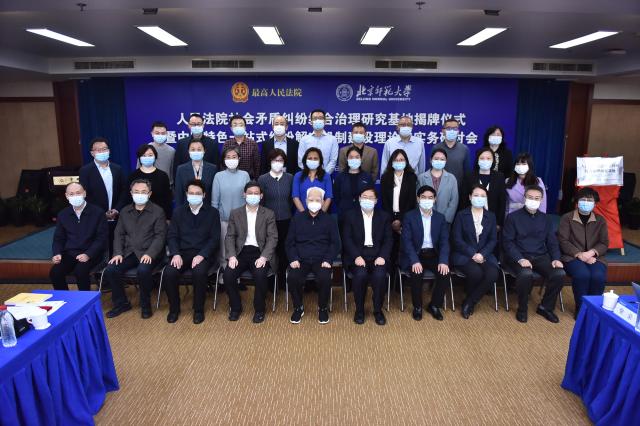
On the afternoon of March 23rd, the unveiling ceremony of the "Research Base for People's Courts’ Comprehensive Management of Social Contradictions and Disputes" jointly established by the Supreme People's Court and Beijing Normal University, as well as the theoretical and practical seminar on the construction of a one-stop dispute resolution mechanism with Chinese characteristics, were held in the sixth conference room of the Jingshi Building of Beijing Normal University. Gao Mingxuan, People's Educator and Honorary Dean of the College for Criminal Law Science of Beijing Normal University, Zhang Wenxian, member of the Party Group and Director of the Academic Committee of the China Law Society, Jiang Wei, member of the Party Group and Vice President of the Supreme People's Court, and Dong Qi, President of Beijing Normal University, attended the unveiling ceremony. More than 30 leaders and experts from the Case Filing Division of the Supreme People's Court, Beijing Fourth Intermediate People's Court, Beijing Internet Court, Beijing Municipal Bureau of Justice, Beijing Arbitration Commission, Beijing Municipal Letters and Calls Office, Renmin University of China, China University of Political Science and Law, Beijing Normal University and other units attended the unveiling ceremony and seminar.
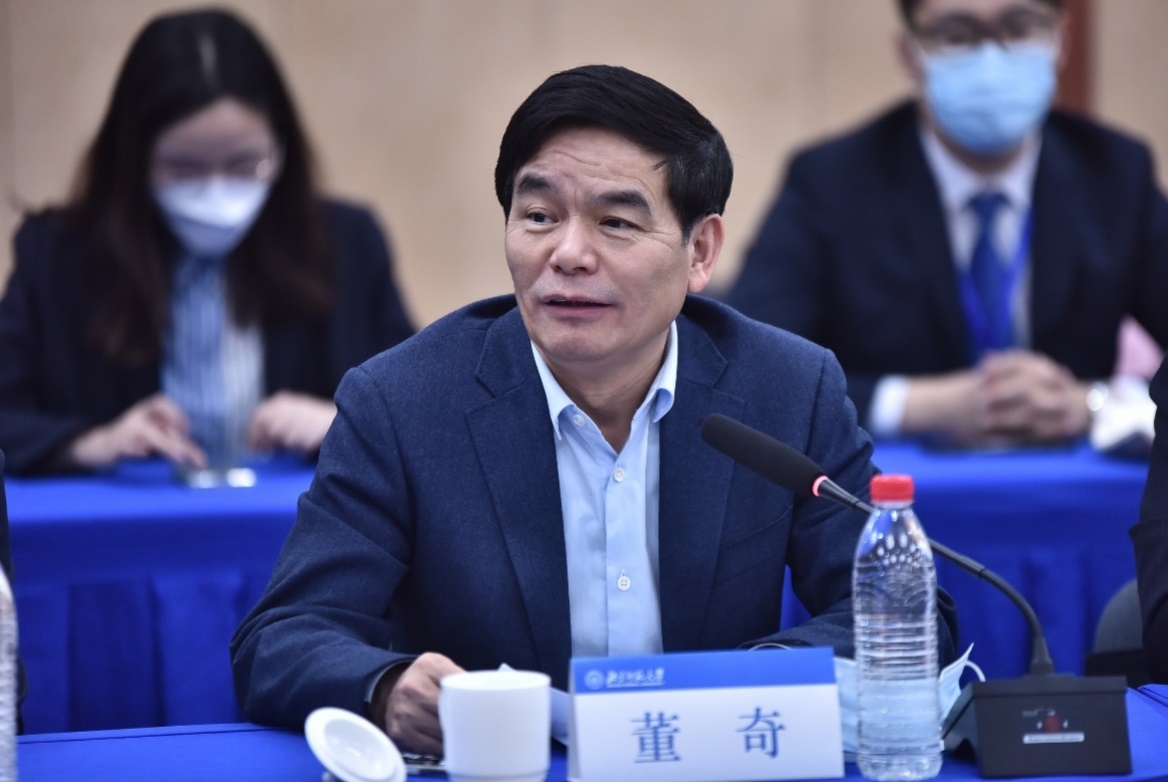
The unveiling ceremony was presided over by Liang Yingxiu, Secretary of the Party Committee and Dean of the Law School of Beijing Normal University. Dong Qi, Gao Mingxuan, Zhang Wenxian, and Jiang Wei delivered speeches successively. Dong Qi stated that Beijing Normal University is accelerating the construction of a “Double First Class” university with Chinese characteristics, focusing on major national strategic needs, conducting organized basic research, and contributing to various industries and fields in the country. The comprehensive governance of social conflicts and disputes requires high-level interdisciplinary research to support it. The school will take the opportunity of jointly building a research base with the Supreme People's Court to fully leverage the advantages of disciplines such as law, psychology, education, sociology, and management to study real problems, strengthen resource investment, and serve the national major needs of resolving social conflicts and disputes.
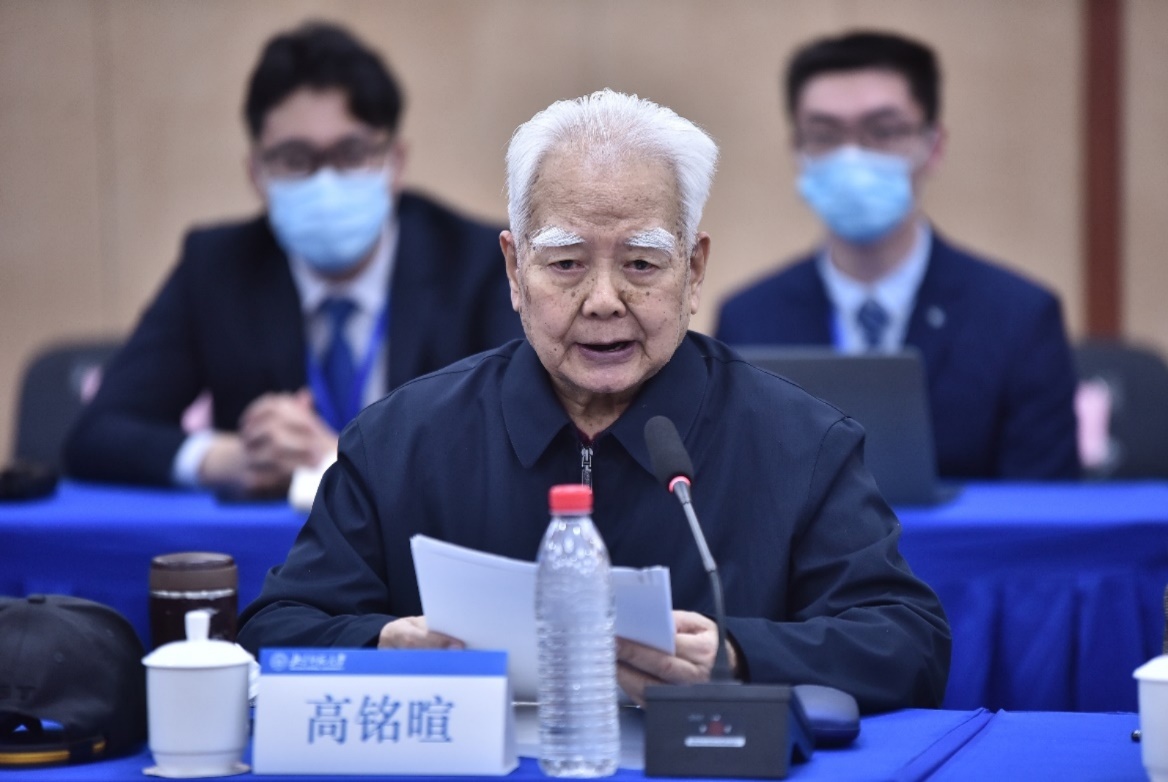
Gao Mingxuan highlighted that in recent years, courts at all levels throughout China have garnered substantial achievements in advancing the reform of social conflict resolution and litigation service concepts, as well as in enhancing pertinent mechanisms. The swift progression of diverse practices in social conflict resolution calls for an urgent response and theoretical guidance from the legal community. The establishment of these research bases is instrumental in delving into theoretical explorations on the comprehensive management of social conflicts and disputes, and it furnishes intellectual backing for judicial applications.
Zhang Wenxian remarked that China is currently navigating a distinctive phase of societal development. General Secretary Xi Jinping has underscored that the construction of the rule of law should not solely concentrate on remedying existing issues but also on preventing future ones. The "Research Base for People's Courts’ Comprehensive Management of Social Contradictions and Disputes," instituted by the Supreme People's Court at Beijing Normal University, serves as a pivotal collaborative platform for the judiciary and the legal academia to conduct associated research. Supported by the university and under the leadership of the People’s Educator Mr. Gao Mingxuan, the law discipline at Beijing Normal University has emerged at the vanguard of Chinese legal studies, continuously exuding fresh dynamism and making significant scholarly contributions. The department has produced a wealth of outcomes that adeptly merge theory with practice. There is every confidence that this research base will thrive and realize its immense potential.
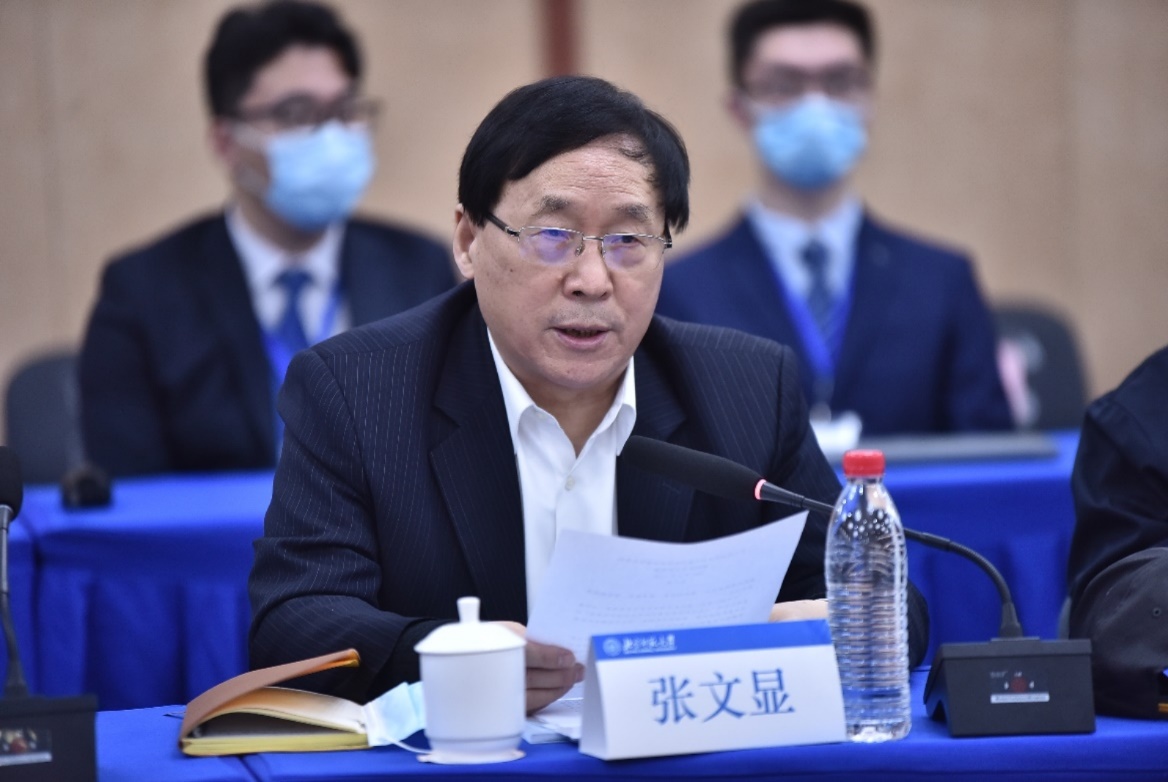
Jiang Wei pointed out that the people's courts adhere to the guidance of the Xi Jinping’s thought on socialism with Chinese characteristics for a new era, thoroughly implement Xi Jinping’s thought of the rule of law, and strive to promote the construction of a one-stop diversified dispute resolution and litigation service system, forming a world-leading new model of dispute resolution with Chinese characteristics. The establishment of a research base for people's courts’ comprehensive management of social conflicts and disputes is of great significance for fully leveraging the role of think tanks in higher education institutions, extracting Chinese characteristic dispute resolution rules, and comprehensively showcasing the socialist judicial civilization with Chinese characteristics. The base should rely on the advantages of interdisciplinary frameworks such as law, psychology, sociology, etc., explore feasible paths for comprehensive governance of contradictions and disputes in the new era, further enrich and develop the theory of socialist rule of law with Chinese characteristics, and accelerate the construction of a legal theory system and discourse system with distinct Chinese characteristics, practical characteristics, and contemporary features.
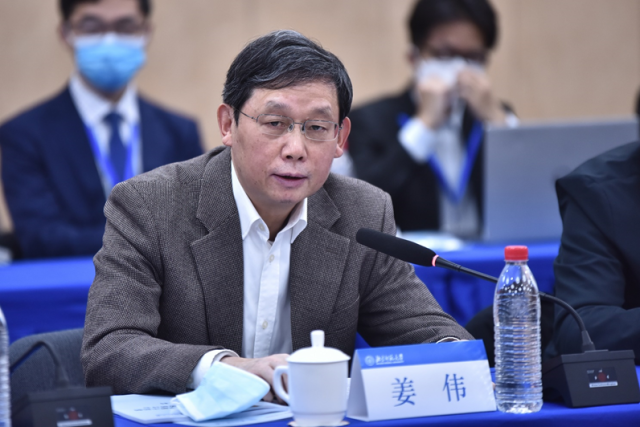
Subsequently, Wang Jinya, Vice President of the Filing Division of the Supreme People's Court, and Liang Yingxiu, Secretary of the Party Committee and Dean of the Law School of Beijing Normal University, signed a cooperation agreement on behalf of both parties. Gao Mingxuan, Zhang Wenxian, Jiang Wei, and Dong Qi jointly unveiled the plaque for the "Research Base for People's Courts’ Comprehensive Management of Social Contradictions and Disputes".
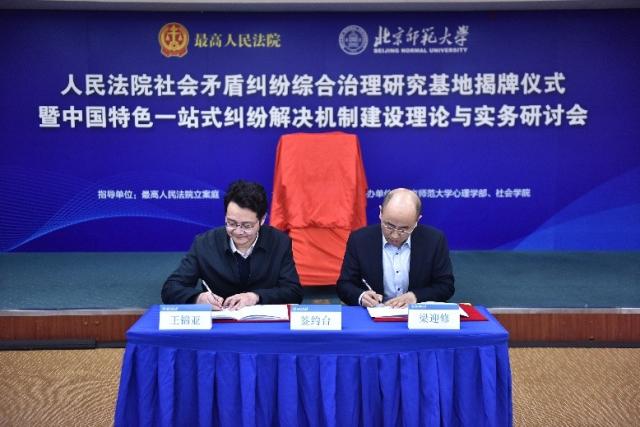
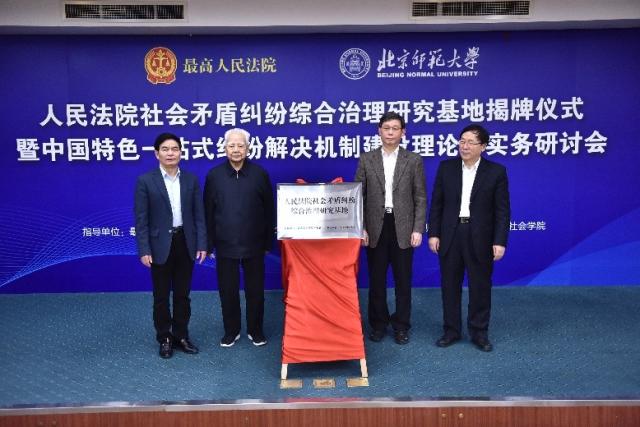
Wang Jinya announced a key appointment, naming Professor Liang Yingxiu of the Law School at Beijing Normal University as the Director of the newly established research base. Associate Professor Tang Can, also from the Law School of Beijing Normal University, was appointed as the Executive Deputy Director. The Deputy Director roles are filled by Associate Professor Guo Xiang from the Law School, Professor Zhao Qiuyan from the School of Sociology, and Professor Sun Xiaomin from the Department of Psychology, all of whom are esteemed faculty members at Beijing Normal University. Additionally, Li Xiaoxiao, a lecturer at the Law School, was designated as the Secretary General of the base.
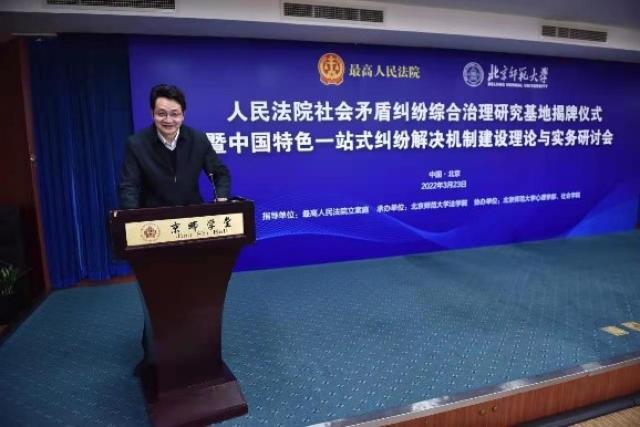
After the unveiling ceremony, the theoretical and practical seminar on the construction of a one-stop dispute resolution mechanism with Chinese characteristics was held under the leadership of Tang Can, Executive Deputy Director of the Base, and Guo Xiang, Deputy Director of the Base. Professor Liang Yingxiu, the director of the research base, and Vice President Liu Xuemei of the Supreme People's Court Filing Division respectively introduced the background and construction overview of the research base. The conference focused on discussing the theoretical and practical aspects of building a one-stop dispute resolution mechanism with Chinese characteristics.
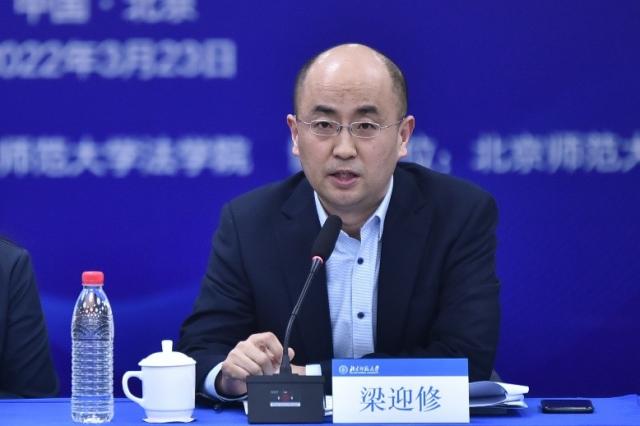
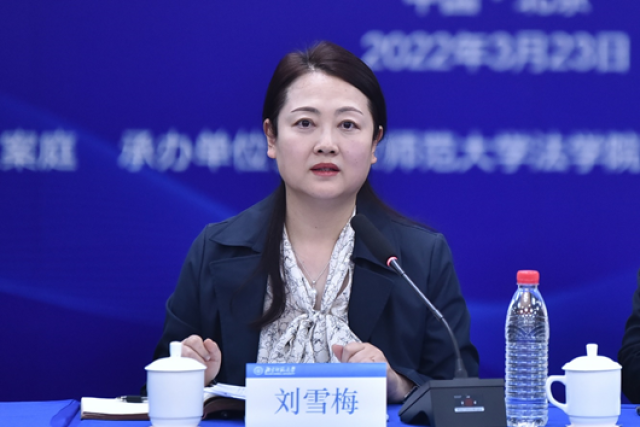
In the practical seminar segment, Zhang Qinyuan, President of the Filing Division at the Fourth Intermediate People's Court of Beijing, engaged in a dialogue on the court's initiatives in implementing administrative case source governance and the integrated, multi-faceted dispute resolution approach for international commercial cases. Zhao Ruigang, Vice President of the Beijing Internet Court, delved into strategies for leveraging the role of specialized "functional" courts, harnessing the power of "online" judicial processes, and constructing an end-to-end, digital copyright co-governance model. Zhou Rong, Inspector at the Beijing Municipal Bureau of Justice, advocated for the continuous enhancement of capabilities in preventing, mediating, and resolving disputes through diverse methods, thereby providing robust legal support for the high-quality development of society and the economy. Yang Jian, Director of the Mediation Work Department of the Beijing Municipal Bureau of Justice, gave a speech on adhering to and developing the "Fengqiao Experience" in the new era, and promoting mediation work to play a positive role in maintaining political security and social stability in the capital. Lin Zhiwei, Secretary General of the Beijing Arbitration Commission, conducted a discussion on the practical application of the one-stop dispute resolution mechanism. Zheng Guangmiao, Director of the Beijing Municipal Office of Letters and Visits, addressed the prevalent issues and proposed effective strategies for resolving the conflicts associated with the petitioning system in Beijing. Associate Professor Tang Can summarized that based on the practical situation of resolving social conflicts and disputes demonstrated by experts in practical departments, the research of the base should focus on the entire stage of the existence of conflicts and disputes, and explore the comprehensive governance of multidimensional technical tools.
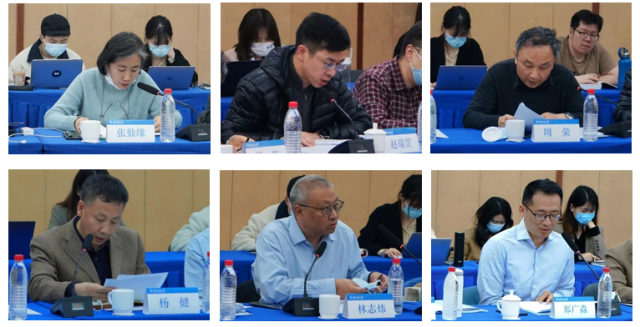
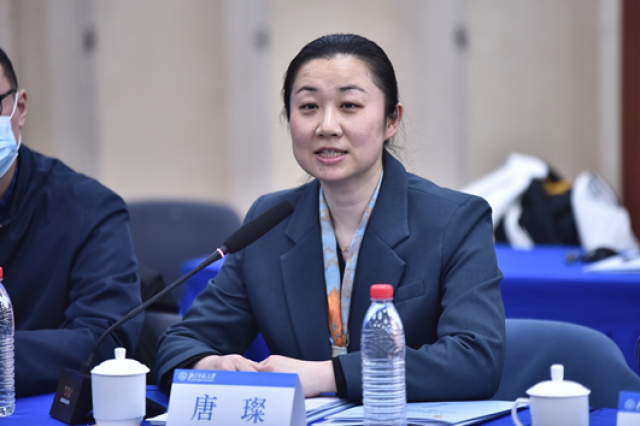
In the theoretical discussion segment, Mo Yuchuan, a professor of the Law School of Renmin University of China and vice president of the Administrative Law Research Association of the China Law Society, reviewed the remedies of administrative guidance through two litigation cases triggered by the dispute over the honorary title. Professor Du Xinli, Dean of the Arbitration Research Institute of China University of Political Science and Law, discussed the characteristics and legal basis of the diversified "one-stop" dispute resolution mechanism of the International Commercial Court. Professor Song Yinghui from the Law School of Beijing Normal University and Vice President of the Criminal Procedure Law Research Association of the China Law Society gave a speech on the advantages and improvements of a one-stop diversified dispute resolution mechanism. Professor Zhao Qiuyan, Secretary of the Party Branch of the School of Sociology at Beijing Normal University, discussed the legal value and innovative development path of the "Fengqiao Experience" in the new era. Professor Liu Yifan, Vice President of the Journal of Social Governance Review, explored feasible paths for preventing and resolving medical disputes from the perspective of combining adjustment and compensation. Professor Sun Xiaomin from the Department of Psychology at Beijing Normal University explained the important role of psychology in the construction of a one-stop dispute resolution mechanism based on his empirical research. Professor Xiong Yuemin from the Law School of Beijing Normal University delved into the positioning, procedures, and scope of pre litigation mediation appointed by the court. Associate Professor Guo Xiang summarized that based on existing resolution mechanisms and research results, the base will comprehensively utilize the characteristic advantages of disciplines such as law, psychology, sociology, etc., and contribute to the research of one-stop dispute resolution mechanisms with Chinese characteristics.
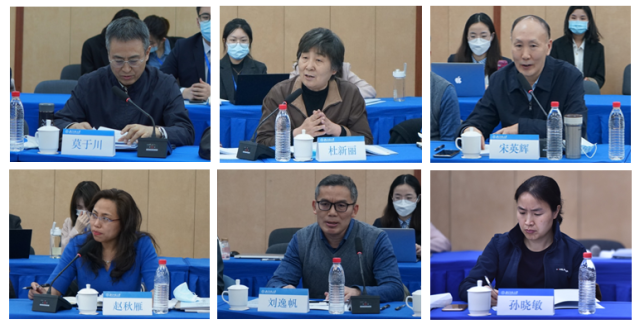
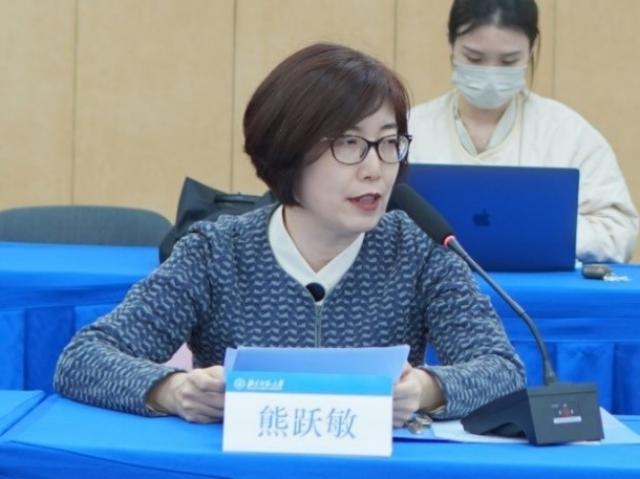
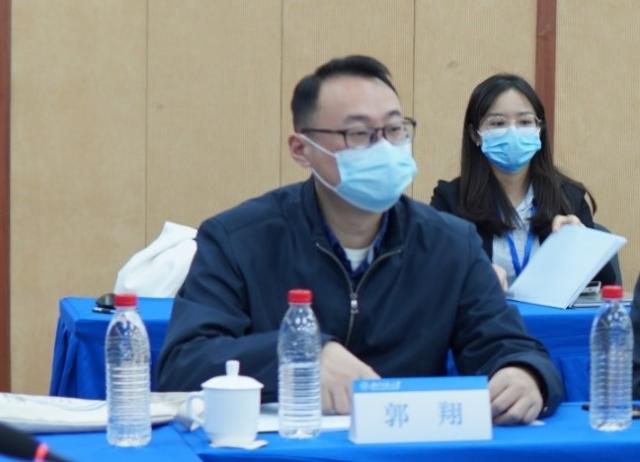
In conclusion, Professor Liang Yingxiu, Director of the Base, expressed gratitude to all attendees and expressed keen anticipation for future, more profound collaborations with pertinent practical departments and research entities. The conference concluded on a successful note.
